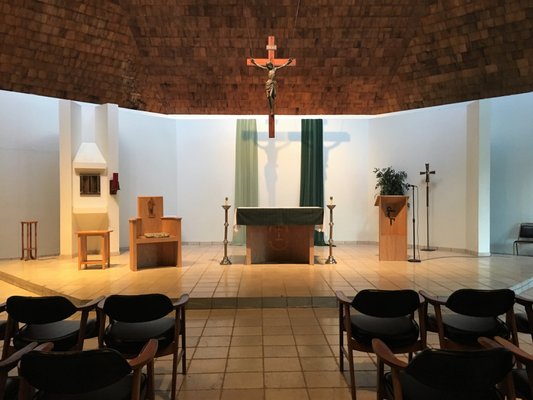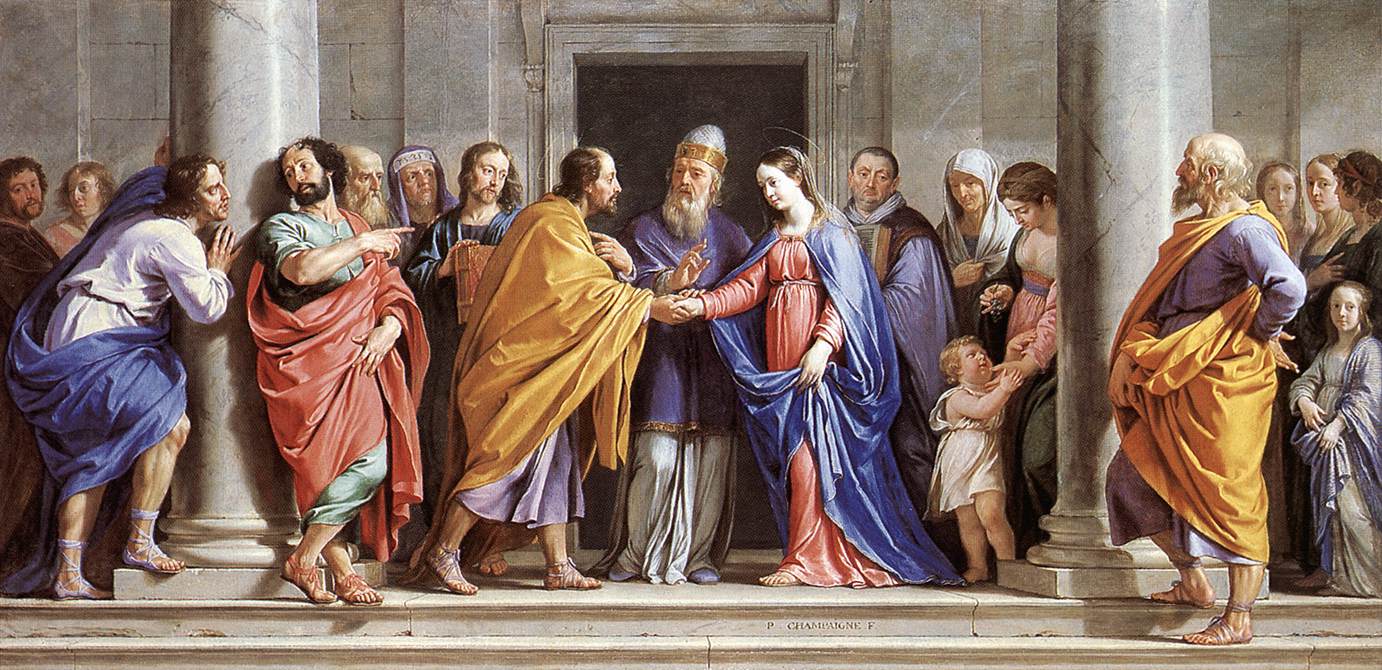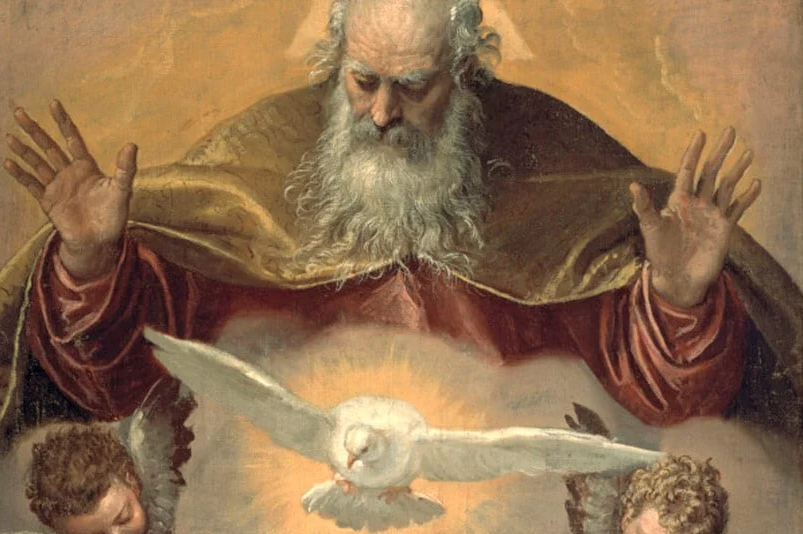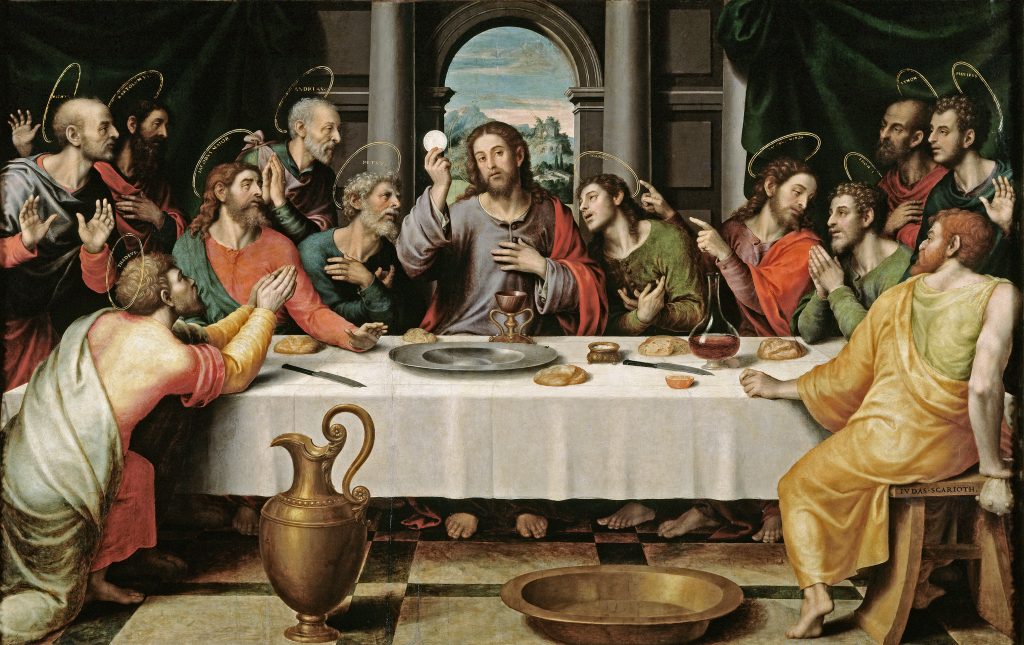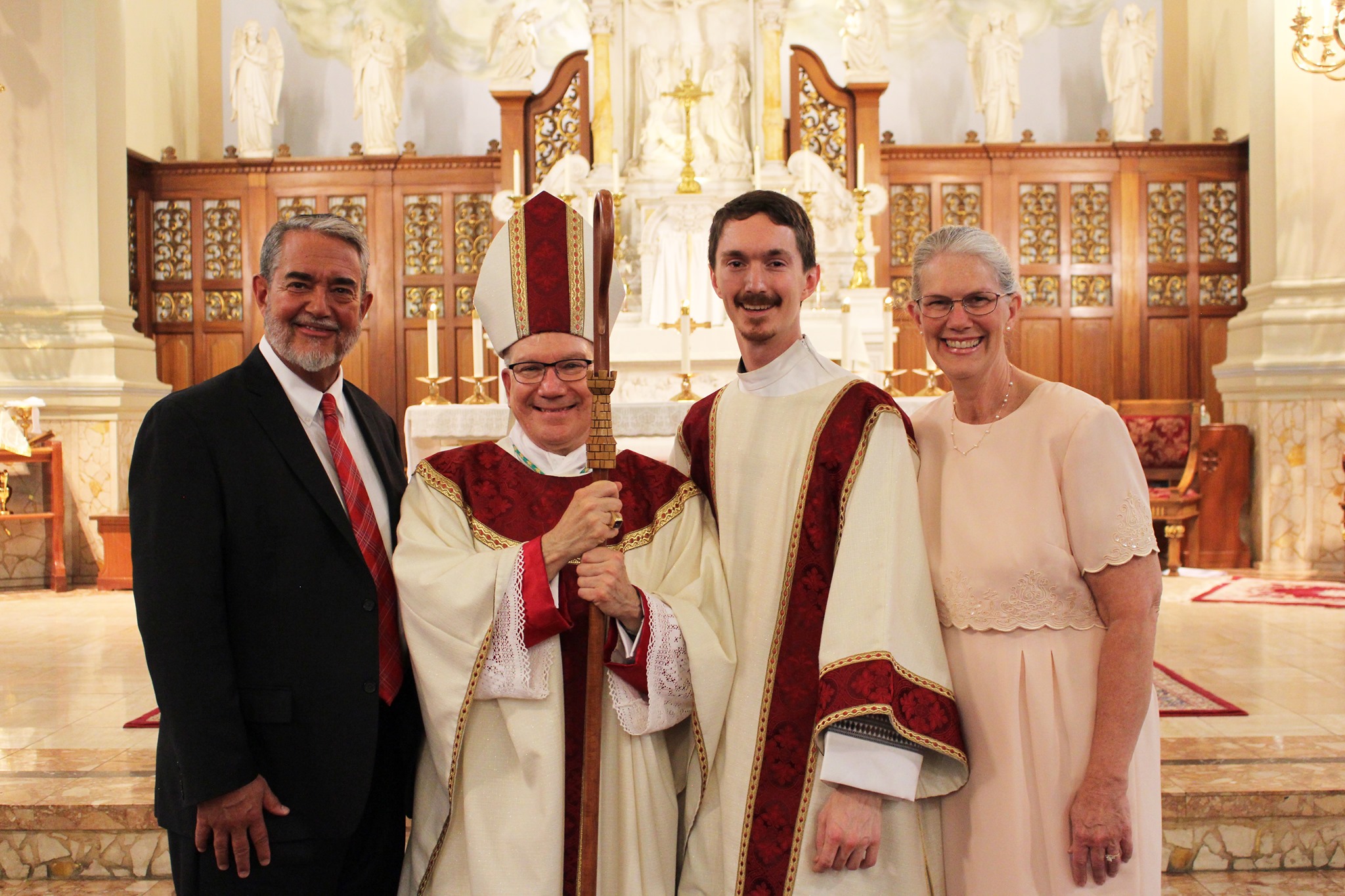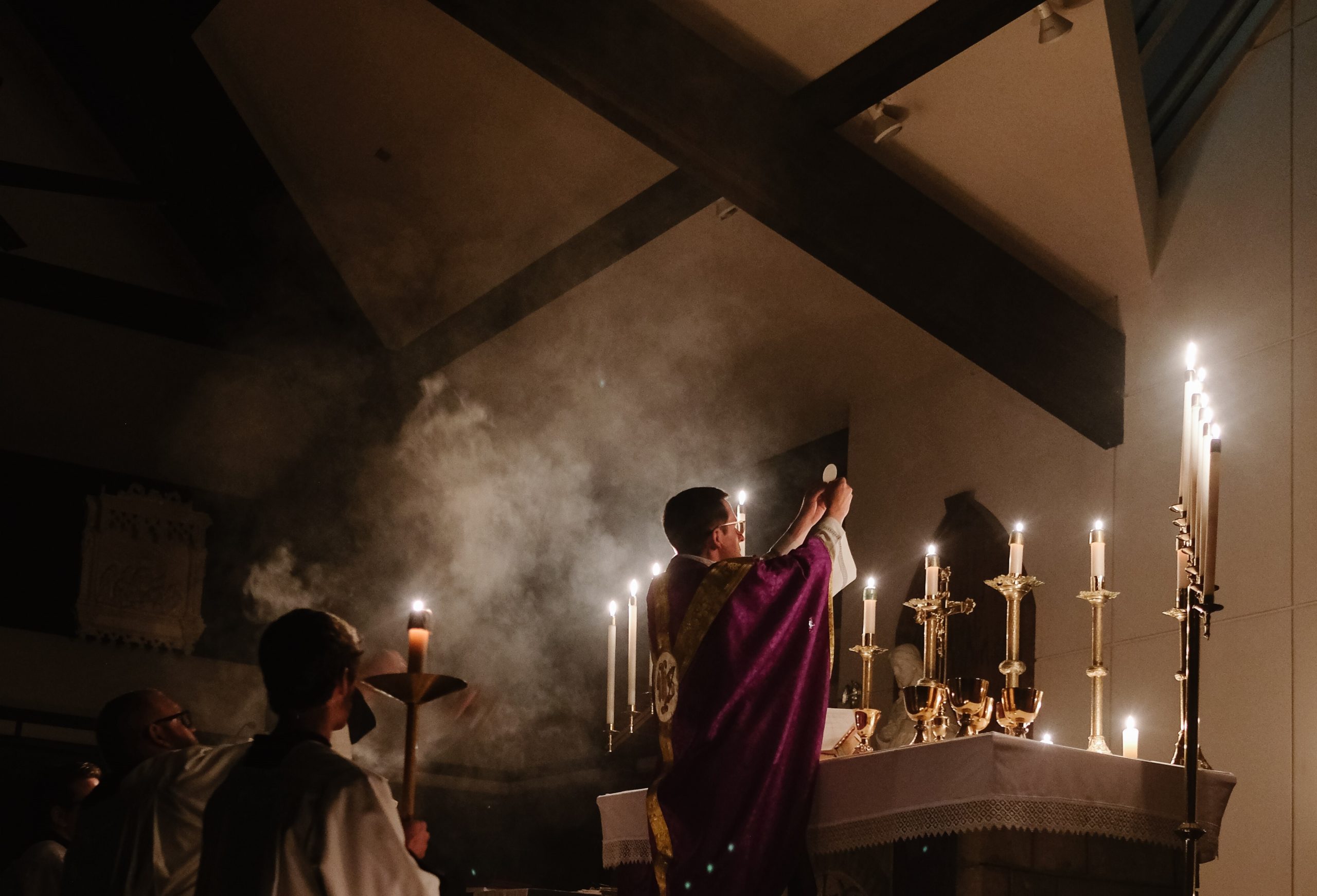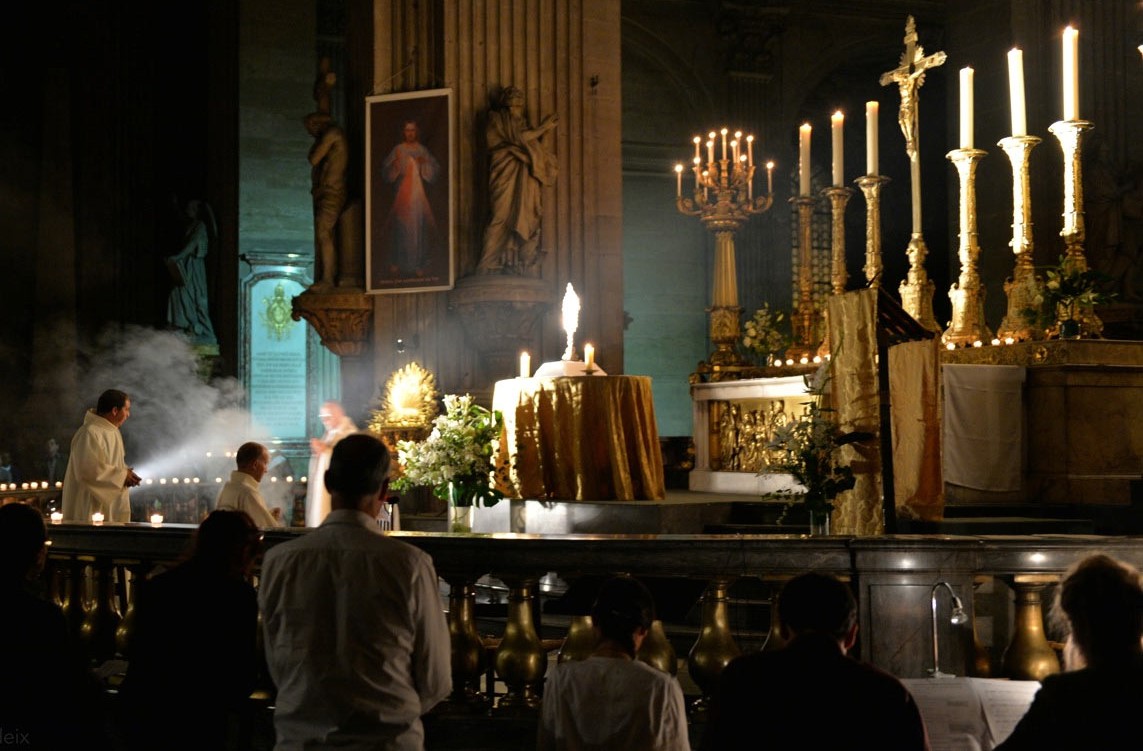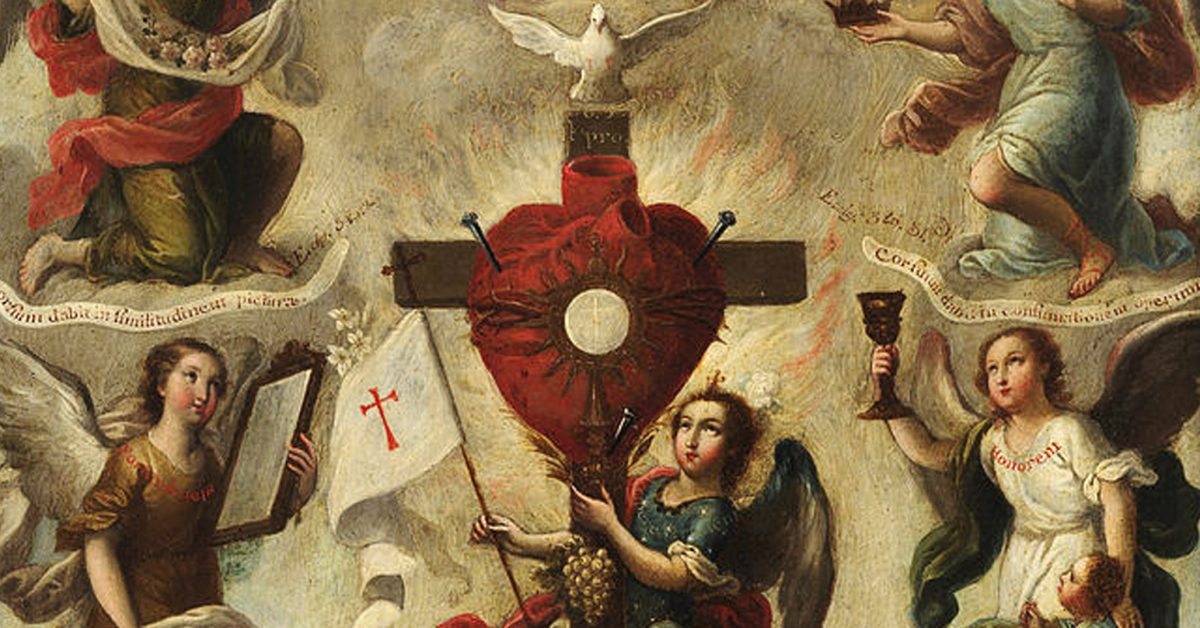John Bergsma at the Christian Renewal Center Bible Conference
Join Bible scholar, speaker, and Franciscan University professor Dr. John Bergsma for a Bible Conference with a special focus on the Psalms. Space is limited to 60 registrants.
John Bergsma at the Christian Renewal Center Bible Conference Read More »


